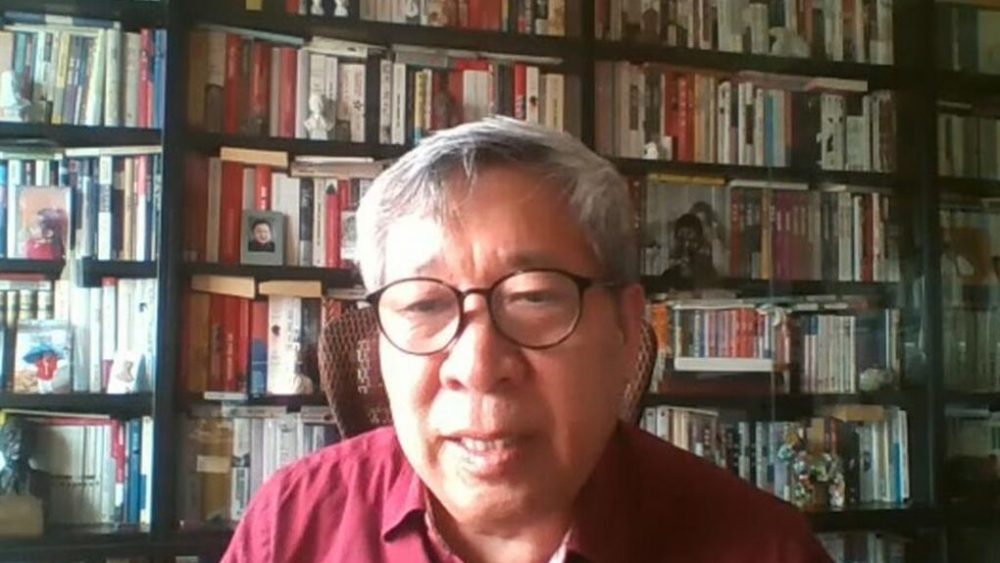
7 They have even debated how much to read into his calculated evocations of Mao Zedong. Taking their cues from state media, they have consulted his rural youth during the Cultural Revolution (1966–76), the relatively liberal views espoused by his late father (a high-ranking CCP leader), and his early career as an official. Xi assumed office in 2012 seemingly on a mission, and observers anxious for insights into his agenda puzzled over what the formative influences on him might have been. President Xi Jinping is a notable devotee of this practice. 6Recalling the Soviet collapse is the oblique way the CCP reminds its rank-and-file of how narrowly it escaped the same fate, and cautions them that it may be tested yet again. Tiananmen is also the subtext that sustains the Party’s singular fixation on the demise and disintegration of the Soviet Union. It brings those distant events home, makes them concrete, and imbues them with vicarious, unnerving significance. For the CCP, Tiananmen is the source of an inner trauma that has been triggered repeatedly by the fall of European communism, the Arab Spring, and successive color revolutions. 5īut the CCP remembers, and the ramifications of that run deep.

4 With 40 percent of the Chinese population now too young to recollect it personally, this history, so searing to those who experienced it firsthand, risks slipping from the consciousness of a nation. The result is coerced public amnesia on an epic scale. Plainclothes officers, intent on forestalling any acts of remembrance, inundate the relevant sites on the relevant anniversaries, supported by ubiquitous cameras capable of facial recognition. 3 Police harass or arrest those who persist in demanding that the government issue an honest accounting of what happened. Zhao Ziyang, the CCP general secretary ousted in the attendant leadership struggle, remains nearly unmentionable. Thirty years on, media and online references to the protests and their suppression are still banned in the PRC. His current research probes the intersections between information technology and authoritarianism, and the ramifications of China’s rise for U.S. A specialist on the Chinese legal system, he has published on the judiciary, constitutionalism, and the genealogy of the rule of law in China.

Glenn Tiffert, a visiting fellow at the Hoover Institution, is a historian of modern China.


 0 kommentar(er)
0 kommentar(er)
